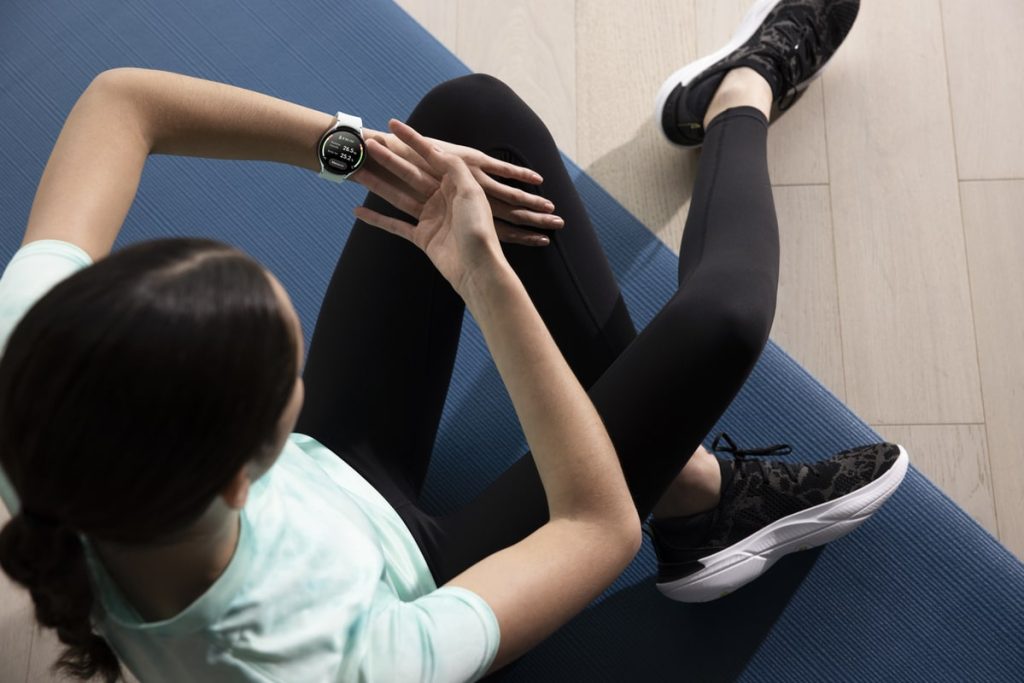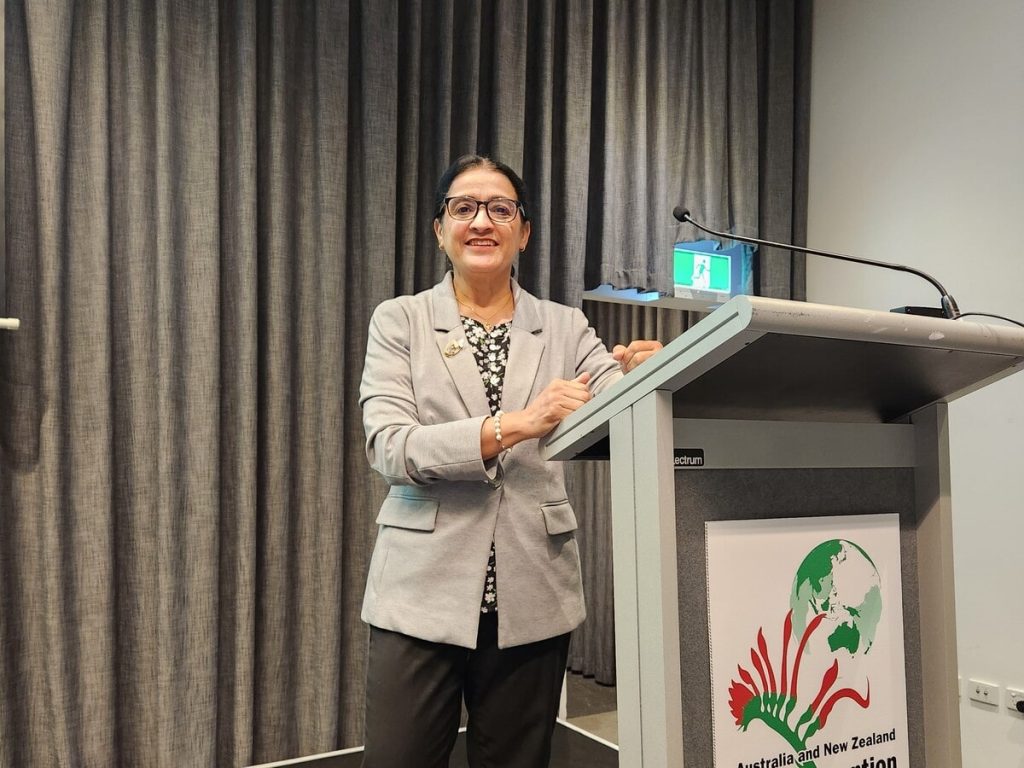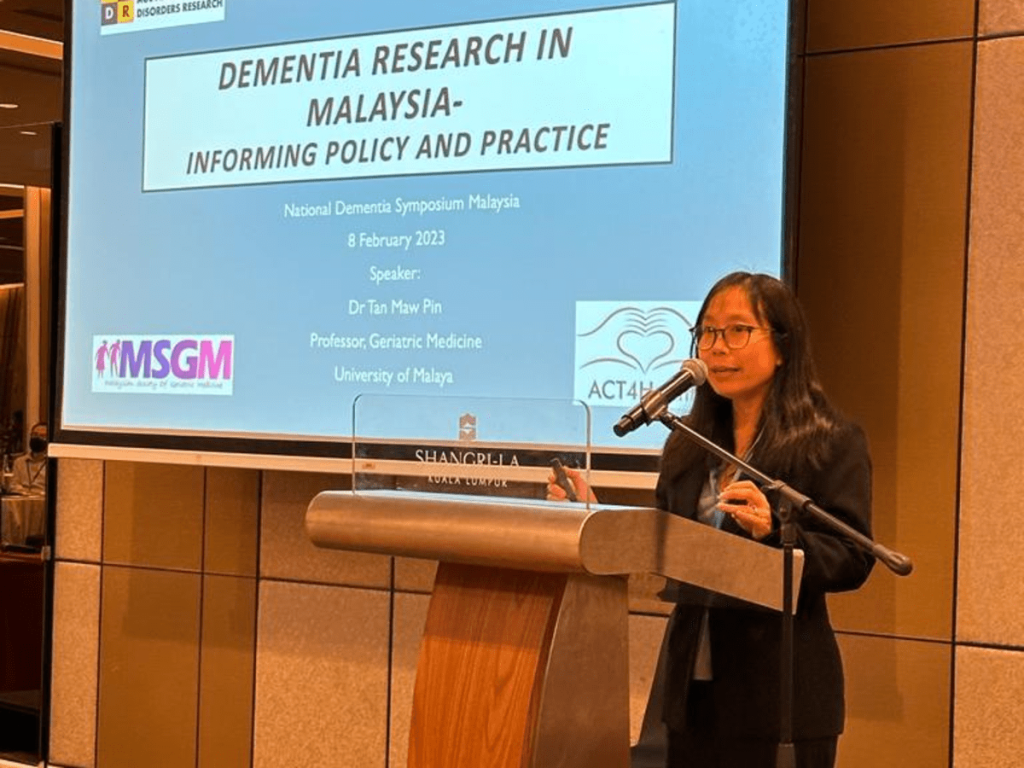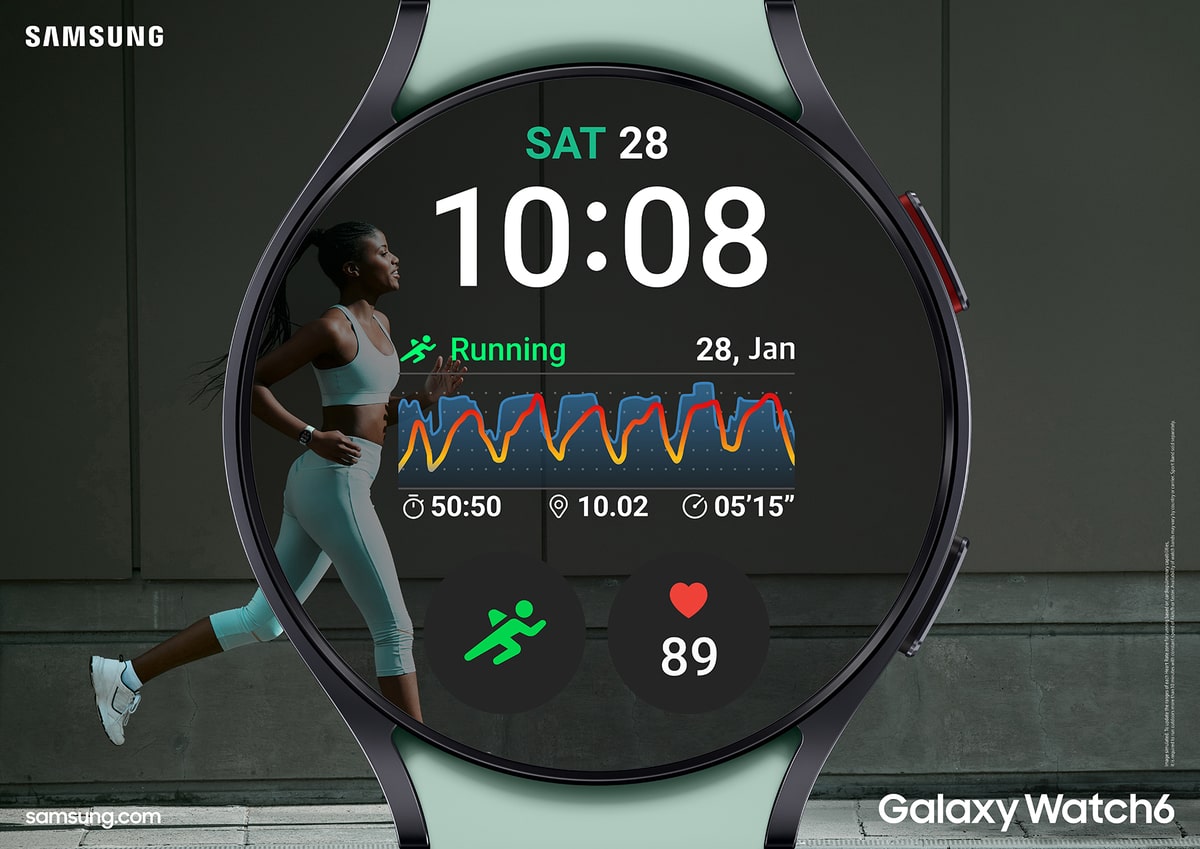KUALA LUMPUR, May 31 — Wearables are not just for young people monitoring their fitness levels, but can also be helpful for senior citizens to take care of their own health.
Not only do wearables promote self-autonomy for the elderly to remain in good health (yes, geriatric experts say healthy ageing is very possible), but smartwatches also act as a tool for adult children to look after their old parents, a crucial help for the sandwich generation that is busy juggling care duties for both their young children and elderly parents.
The Samsung Galaxy Watch6 Series, according to a Samsung Malaysia representative, is currently the only smartwatch in the market with all three features: blood pressure, ECG (electrocardiogram), and body composition.
“This makes us the most complete health smartwatch in the current market,” a Samsung Malaysia representative told CodeBlue recently in an email interview.
“Most senior citizens are already living with some pre-existing medical condition like hypertension, high cholesterol etc. The Watch6 Series comes in handy for its users to practise preventive elderly care.
“For example, instead of visiting the doctor’s only when they feel unwell, or wait long periods for the predetermined appointment date, a smartwatch can allow them to carry out self-monitoring or monitoring together with their loved ones conveniently at any time.
“All readings are securely recorded in the Samsung Health App, so users can use the historical data for their next visit.”
For management of chronic conditions, health care professionals often tout early detection to prevent worsening of NCDs.
According to the National Health and Morbidity Survey (NHMS) 2023 released earlier this month, nearly 2.3 million adults in Malaysia live with at least three of four non-communicable diseases (NCDs): diabetes, hypertension, high cholesterol, or obesity.
Besides monitoring chronic conditions, the Galaxy Watch6 Series’ fall detection feature is particularly useful for elderly people who are vulnerable to falls.
“With the fall detection feature, if the user falls and does not show any signs of movement for 30 seconds, a call + SMS with location details will be placed to the user’s emergency contact. Young adults can be rest assured to be the first respondent to any emergency,” said Samsung Malaysia.
“In the event a senior citizen user is in need of help but faces difficulty reaching their phone, they can trigger the SOS call to place an emergency call to the emergency department or emergency contact. The watch has a built-in mic and speaker which functions like an extension of a smartphone.”
Customisable Settings For Easy User Experience For Senior Citizens

Samsung Malaysia also assured senior citizens that using the Galaxy Watch6 Series isn’t as complicated as it seems. Visitors can try the device for free in Samsung SES stores to measure their body composition, ECG, and blood pressure on site.
Selected slots for tutorials at the Galaxy Live Space at Samsung’s SES stores educate people on the functionality of health or fitness features of the Galaxy Watch6 Series.
Galaxy Watch6 Series settings are customisable to make it easier for senior citizens to use the wearable. Users can remove all the non-essential features like weather from their watch face, while keeping the essential features at the forefront.
Elderly users can also measure their blood pressure and ECG from the Galaxy Watch6 Series without additional external devices.
“We hope to encourage senior citizens to start investing in a smartwatch, which in turn helps them invest in their health and well-being,” said Samsung Malaysia.
The multinational manufacturing company added that it has also seen forum reviews on instances of how the Galaxy Watch6 Series helped save someone’s life during a medical emergency.
Samsung has a gifting promo for Father’s Day next month to encourage customers to purchase the Galaxy Watch6 Series as a gift for their fathers.
“With the attractive packaging and free accessories upon purchase, we are encouraging new and current customers of the smartwatch to present the watch as a gift to their parents and loved ones as well,” Samsung Malaysia said.
Current promotions include: purchase the Galaxy Watch6 Series and get accessories worth up to RM887, packed in a gift box. One can also purchase the Galaxy Watch5 Pro to get a free OMRON BP Machine. Applicable on Samsung.com, Samsung Experience Store, and other participating stores.
Geriatric Experts: Wearables Can Help Older Adults In Many Ways

The wearables market has seen significant growth in recent years. According to Future Market Insights, the global wearable medical device industry is forecasted to achieve sales of US$38.5 billion in 2024, with a projected CAGR (compound annual growth rate) of 8.2 per cent, leading to a staggering market size of US$84.8 billion by 2034.
These wearables, ranging from smartwatches to monitoring devices, seem to be revolutionising the way health is monitored.
“Wearables can help in many ways in facilitating health in older adults: health awareness, education and promotion, motivation to keep physically active, socially engaged and others,” Prof Dr Devinder Kaur Ajit Singh, a senior lecturer and member of the Centre for Healthy Ageing & Wellness, Faculty of Health Sciences, Universiti Kebangsaan Malaysia (UKM), told CodeBlue in a recent email interview.
“It can promote independence and self-care in older people.”
Dr Devinder said technology for healthy ageing should be specially designed for older adults by taking their requirements into consideration. “Its cost needs to be cheaper as well.”
Professor Dr Tan Maw Pin, a professor in geriatric medicine at the University of Malaya (UM), called for the “judicious” use of wearable technology.
“We do not want to medicalise old age, and I do already object to the current practice of people monitoring their blood pressure on a daily basis, as 15 minutes doing this each day could be better spent calling a friend or grandchild for a chat or climbing the stairs a few times for exercise,” Dr Tan told CodeBlue.
“However, wearables are extremely useful if there is a clinical indication to monitor someone remotely. We have already been using this for individuals with blackouts for instance. We no longer need to tie these people to a hospital bed for weeks on end, but instead they can walk around with a device stuck to the skin over their hearts for a few weeks until we can find the problem that has led to their blackouts.
“Technology now has the potential of people who are sick being monitored at home instead of being kept in hospital for instance, but we don’t necessarily want people to be monitored 24/7, just intermittently will be enough.”
Dr Tan added that people with heart failure can use wearables to detect their heart rate, oxygen level, and hydration levels, “triggering earlier responses to decompensation, though we do wonder if it’s just as good stepping on a weighing scale once a week for instance.”
Ischaemic heart disease was the leading cause of death in Malaysia in 2022. About 65 per cent, or nearly two-thirds, of heart attack deaths occurred in individuals aged 60 years and older.
Dr Tan said wearables or smartwatches are most useful as an educational and incentivisation tool.
“It monitors the amount of physical activity and sleep the person gets, for instance. Hence the individual will then adjust their daily routines to fit in the correct amount of physical activity and sleep,” she said.
“The person is hence empowered to manage their own health. Clever people are even able to adjust the speed they run or walk according to their heart rate to ensure they get the maximum benefit from their exercise routine.”
Never Too Late To Start Keeping Healthy

Dr Tan said Malaysian senior citizens are getting healthier, mentally sharper, and physically more capable, citing unpublished data from updated research in the country.
This followed a 2015 research study by UKM that showed only 11 per cent of senior citizens in Malaysia aged healthily in 2015, down from 13 per cent from 2002 to 2006.
But the situation isn’t as rosy and straightforward. Despite the positive revelation, Dr Tan acknowledged difficulties in proving the numbers.
“It’s not an easy thing to prove, since you need to compare like for like, and it’s not that easy to sample exactly the same population after 5 to 10 years, given the vast movements we get with our population,” she told CodeBlue.
“For instance, certain housing areas have become much older with young people all moving out, and the ones who need support then also move out to be with their younger family members in the absence of social support in their original addresses.”
Dr Devinder said recent studies showed the five years’ cumulative incidence of cognitive frailty (having both cognitive and physical impairments) was 35.5 per cent in older adults.
According to the World Health Organization (WHO), healthy ageing is defined as developing and maintaining the functional ability that enables well-being in older age.
“There are multiple determinants to healthy ageing, which includes adequate physical activity, healthy diet, self-awareness, positive outlook/attitude, life-long learning, faith, social support, financial security, community engagement, and independence,” Dr Devinder explained.
“Healthy ageing is defined as not merely the absence of physical impairment and chronic diseases but also having optimal social and mental well-being.”
Dr Tan, who shared the same sentiment, said, “It’s important to understand that it’s about the person’s ability and wellbeing rather than just living longer.”
Regardless of technological advancements, Malaysians should pay attention to the basics of healthy ageing, the geriatric experts said.
“We now know that the older you are, the harder you have to work at staying healthy. It is very clear that the current thinking that older people must act their age and behave like older people is a big mental barrier to staying healthy,” Dr Tan said.
“While we cannot guarantee that we never ever get sick, we can do a great deal to ensure that we reduce the chance of falling sick and increase the chance of quicker and complete recovery if we ever do fall sick.”
Both Dr Tan and Dr Devinder agree that one does not have to wait to do the right thing in order to ensure healthy ageing.
“Healthy ageing does require a life course approach. It is also never too early to start. However, we do know it is never too late to stop smoking, start exercising, or eat healthily,” Dr Tan concluded.
Dr Devinder adds on to this, saying: “Maintenance of health across the whole life course is required for healthy ageing. However, it is never too late to start. It is important to be independent as long as possible with ageing.”









